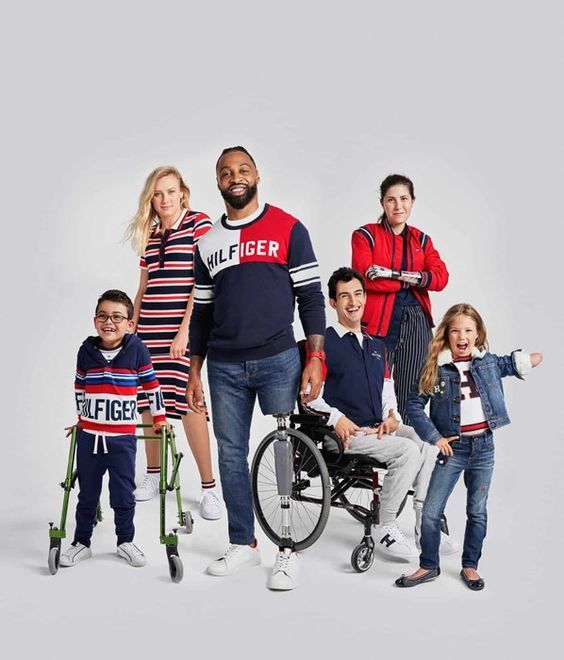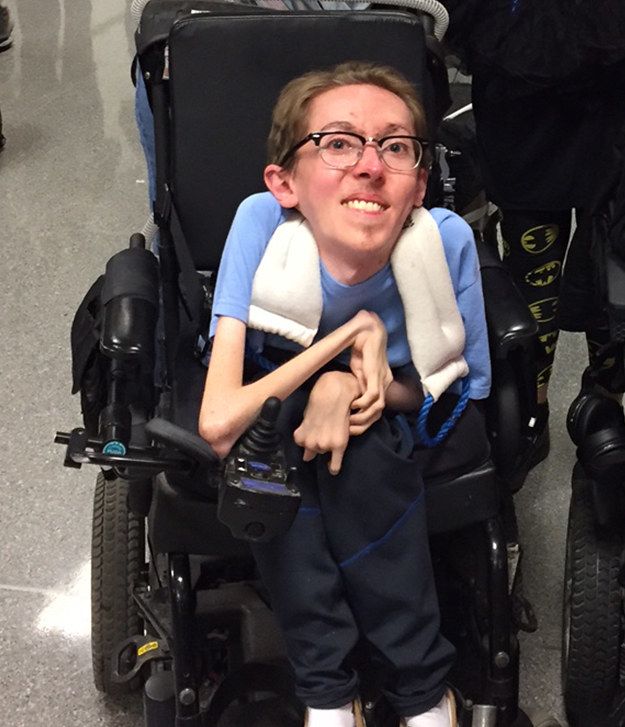Innovation
Waiver Services
Meeting the needs
of individuals with IDD so that we can all live as independently as possible
The goal of the Innovations Waiver is to allow
individuals to live in the community with as much
independence as possible. Available throughout
North Carolina, Innovations Waiver can provide
one-on-one services and supports for each
participant, based on the individual’s assessed
needs.
The Innovations Waiver for Persons with I/DD is a special Medicaid community care funding source. Available throughout North Carolina, Innovations Waiver provides an array of services and supports tailored to an individual’s needs and wants. These services can be delivered in a variety of settings including your own home. Our staff are here to work with each client to support their needs, desires and dreams. That can take many different forms ranging from assisting with activities of daily living to learning and building new skills to enjoying art and other recreational activities.
Innovations Waiver Services
The NC Innovations Waiver provides people with intellectual and developmental disabilities with services and supports in their own community. This helps people live as independently as possible. Alliance Health manages the NC Innovations Waiver program in Cumberland, Durham, Harnett, Johnston, Mecklenburg, Orange and Wake counties.
Who can get Innovations Waiver services?
Individuals can get intellectual and developmental disability services through Alliance Health who:
Live in Cumberland, Durham, Harnett, Johnston, Mecklenburg, Orange, or Wake County
Due to a mental or physical disability or a combination of both
Begins before age 22 or is caused by a traumatic brain injury before age 22
Begins before age 22 or is caused by a traumatic brain injury before age 22
Support At Home
Get help with daily tasks at home, like bathing, dressing, cooking, budgeting and more. A trained worker will help you one-on-one based on your individual needs. Depending on where you live, this support at home is called different names:
If you live with your family, this service is called Community Living and Supports.
If you live in your own home, this service is called Supported Living or Community Living and Supports.
If you live in an out-of-home placement (like a group home), this service is called Residential Supports.
Access To Group Home
Residential Supports helps you live in a structured care setting of your choice, like group homes or Alternative Family Living settings. Get help with daily tasks, like bathing, dressing, cooking, budgeting and more. A trained worker will help you one-on-one based on your individual needs.
Community Paticipation
Day Supports are day programs, like workshops and after school programs. You might do things like volunteer, go out in the community or learn job skills.
Community Networking helps you meet people in your community. For example, a trained worker can go with you to volunteer or take a pottery class. Payment for classes and conferences is also included.
Community Living and Supports helps with everyday activities like grocery shopping and banking. A trained worker can go with you and teach you how to do these things on your own.
Crisis Service
Crisis Services help prevent institutional placement or hospitalization. For instance, this service could help you if you are at risk of losing your job or home. you when there are situations that are dangerous to you or others. For example, they can help you if you might lose your job or home. The staff is trained and ready to help people with I/DD. Trained staff can help:
Identify the type of help you need
Connect you to agencies or psychologists
Create a crisis plan
Caregiver Support
People with the NC Innovations waiver will get a Tailored Care Manager to help them navigate services. They can answer questions about the NC Innovations waiver, help find doctors, arrange free rides to appointments and be the main point of contact for all things Medicaid.







